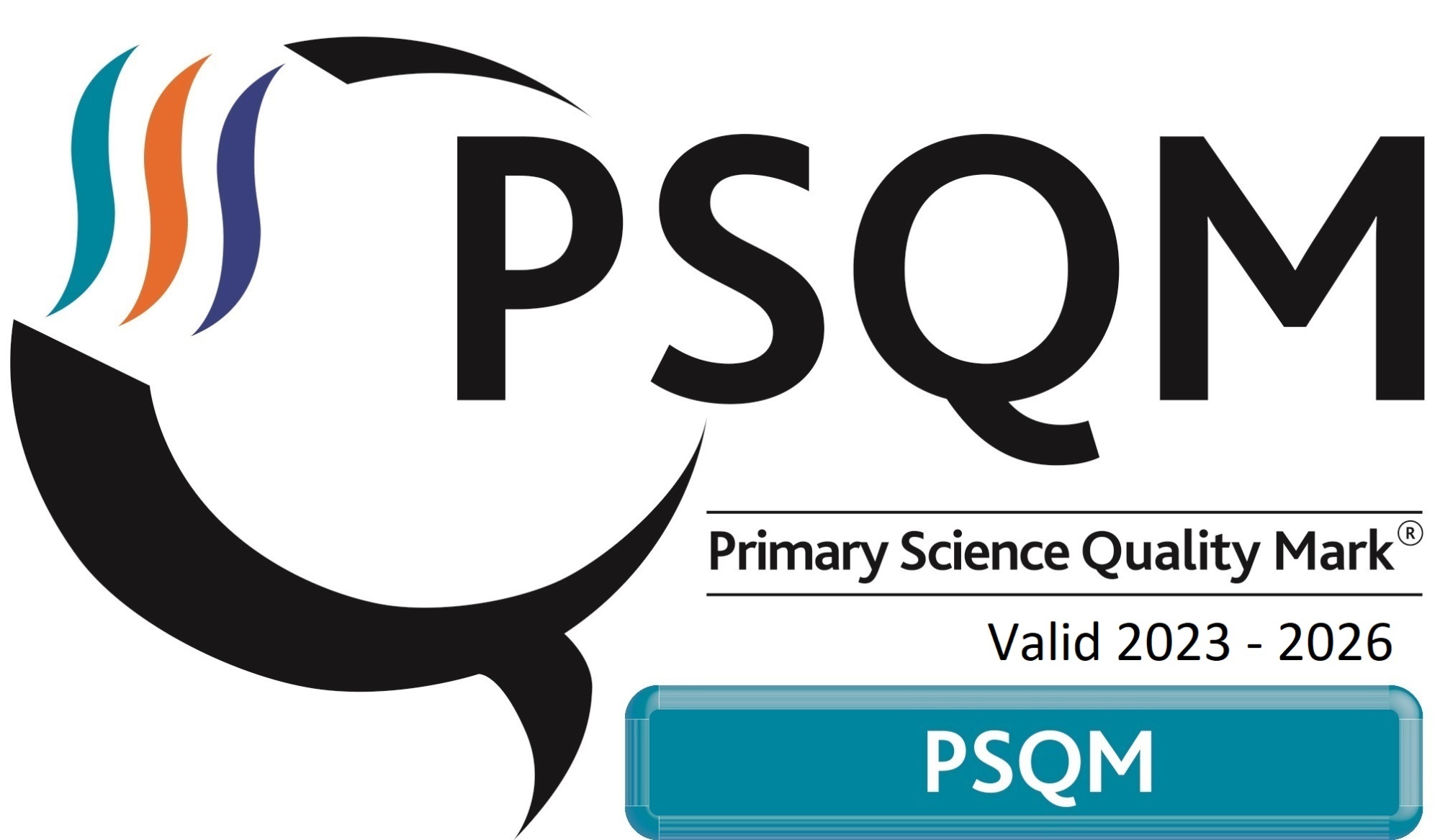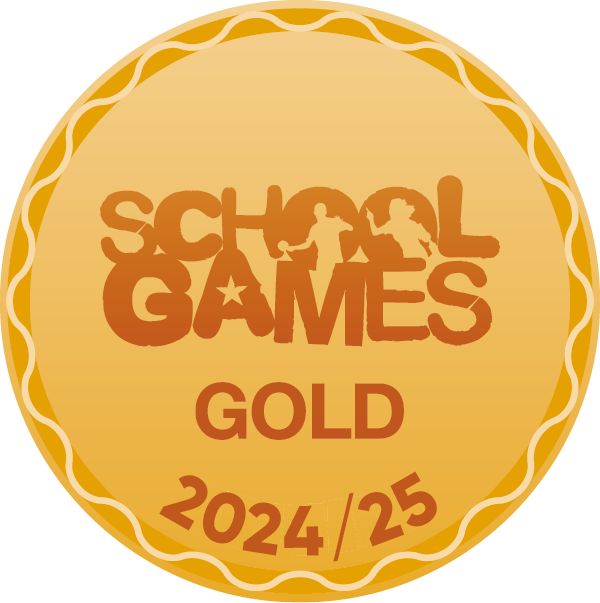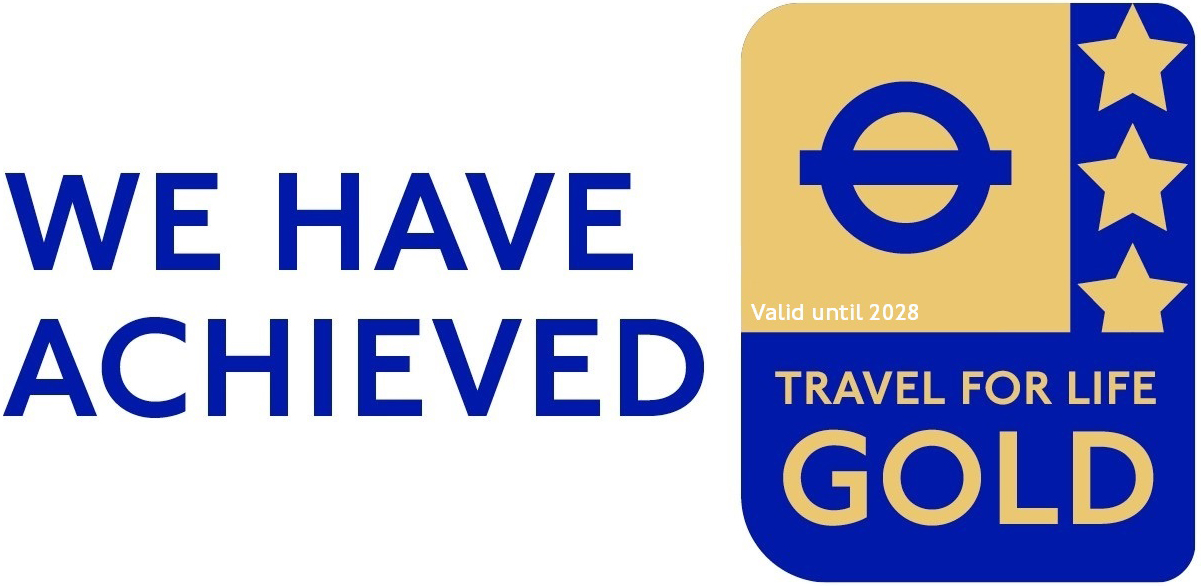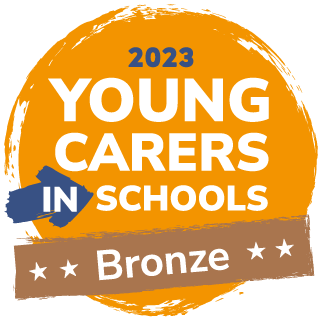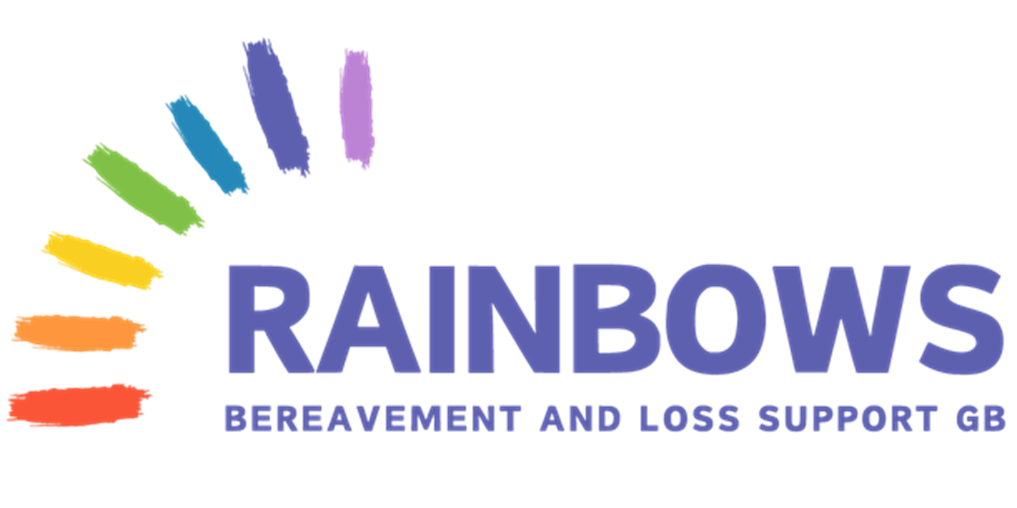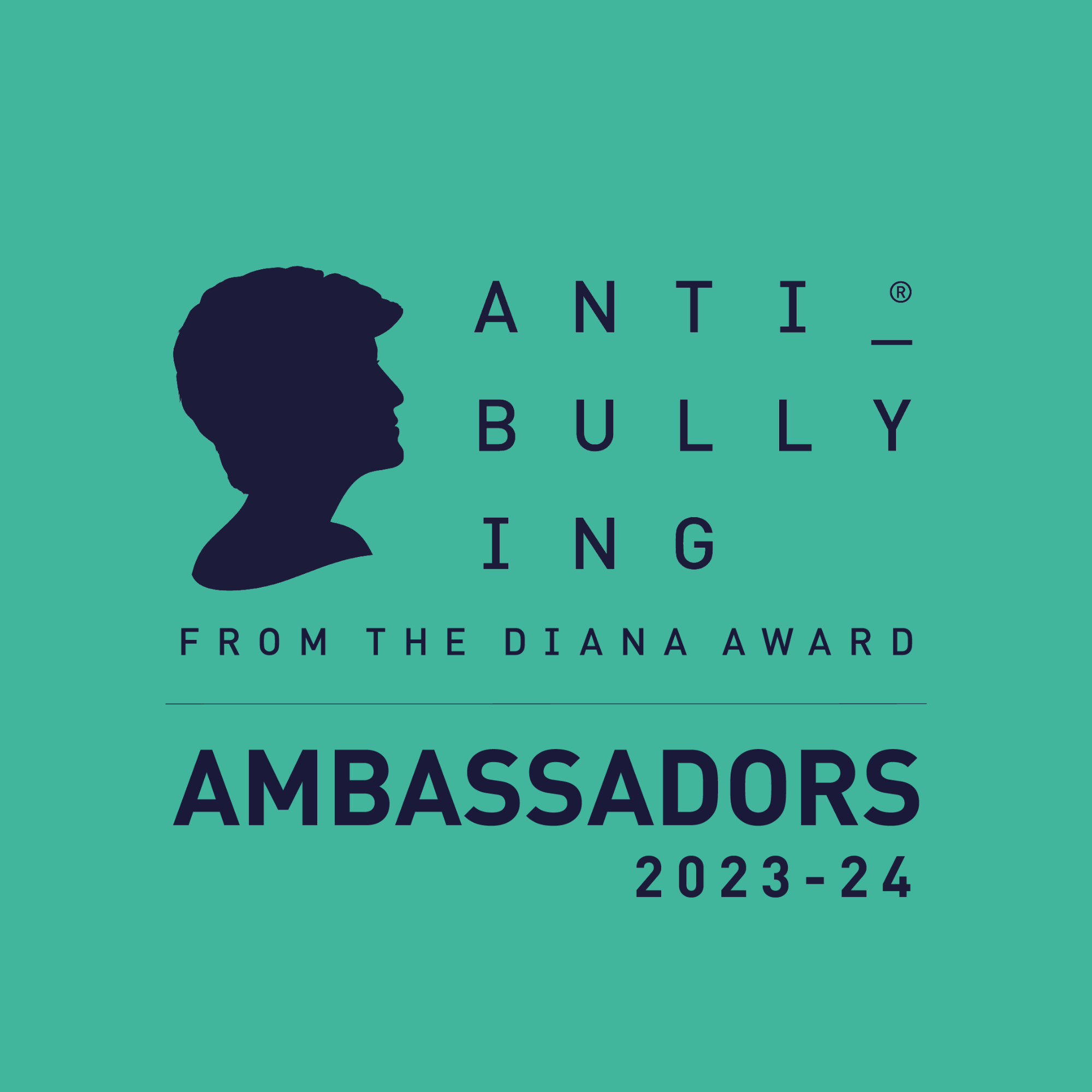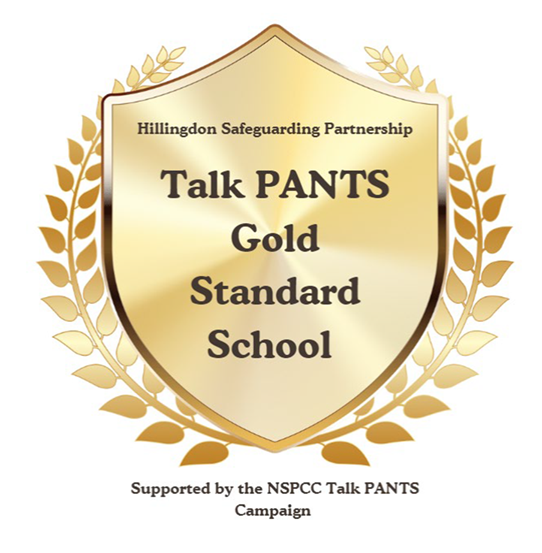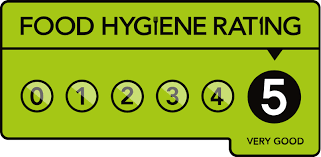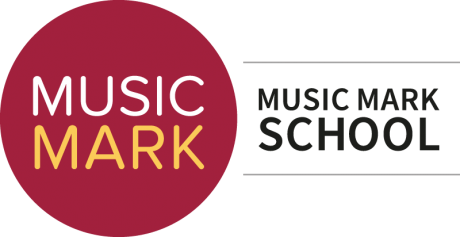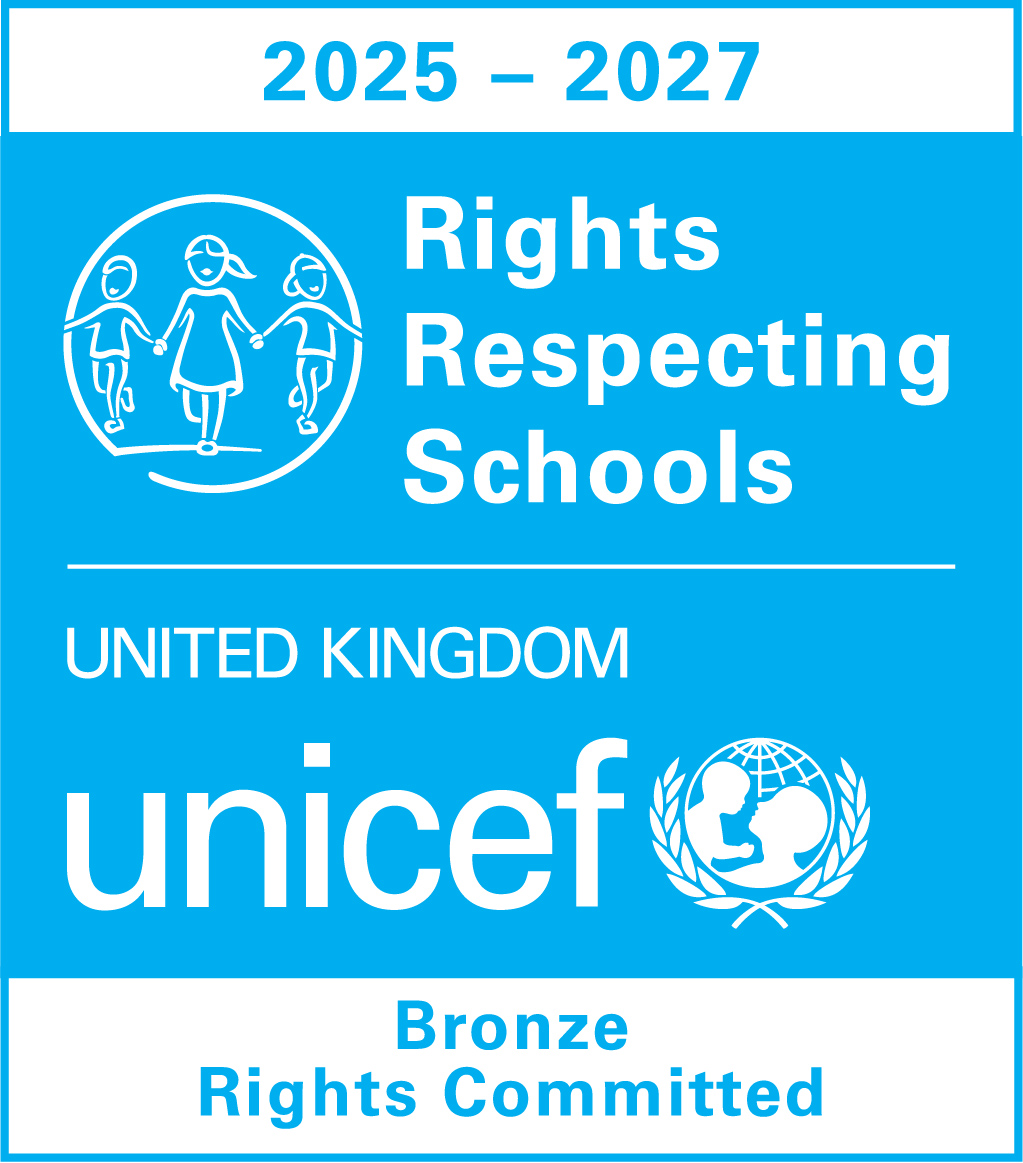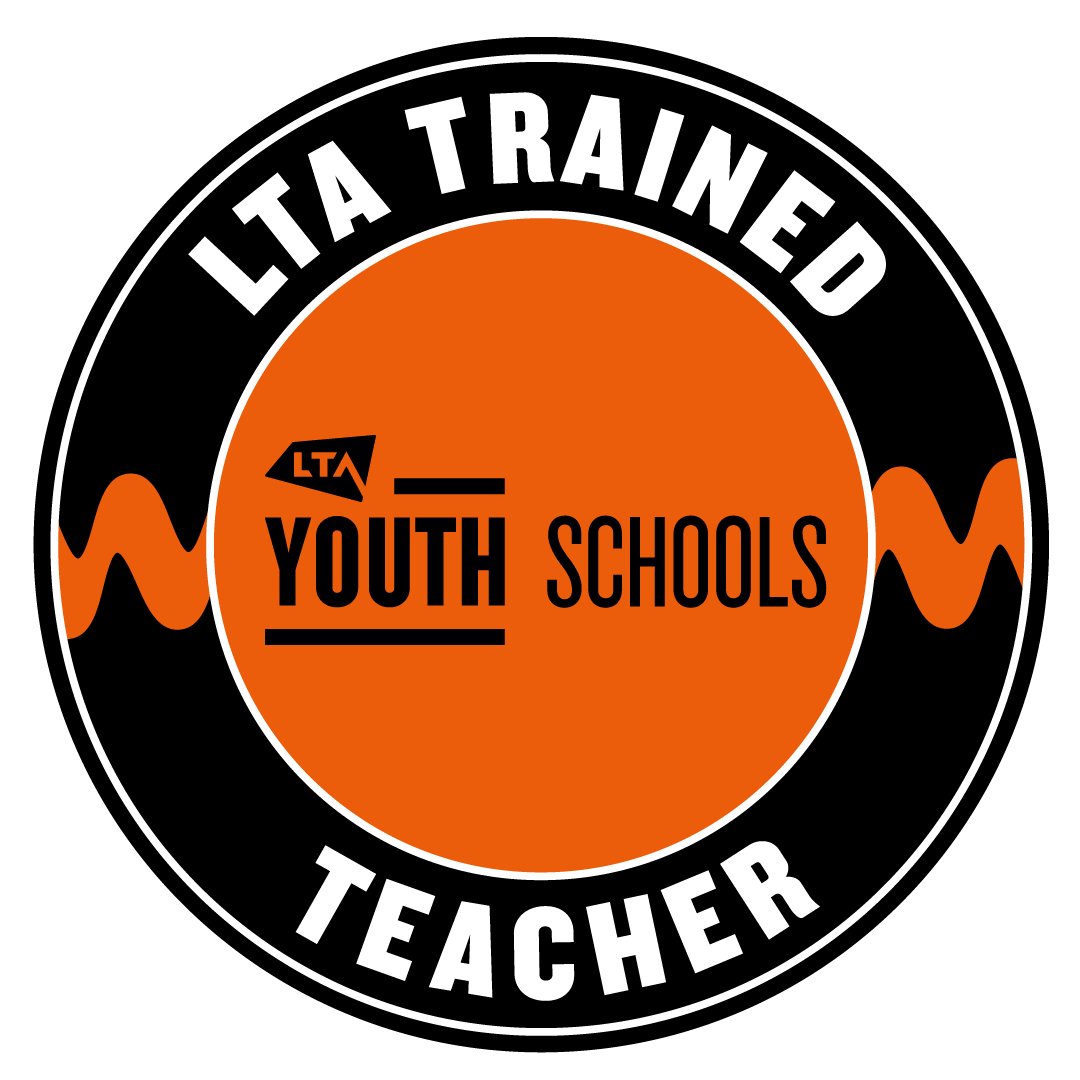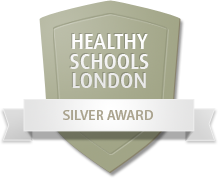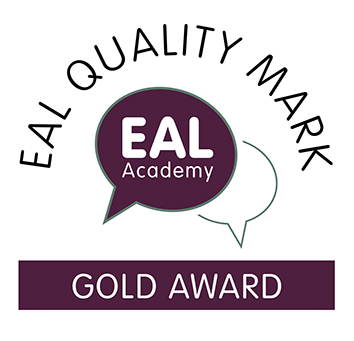Science
Intent
At William Byrd we believe in the importance of a high-quality science education for all children. We believe children must leave us with a secure foundation of scientific knowledge and skills and a feeling that they too could be on the long list of scientists who have changed the world.
We intend that through high-quality science teaching at William Byrd pupils develop a sense of excitement and curiosity about natural phenomena and understand that science can be used to explain what is occurring, predict behaviour and analyse causes. Children are taught the essential aspects of knowledge, methods, processes and uses of science to help them answer scientific questions about the world around them. They will understand the uses and implications of science for today and the future, and how major scientific ideals have played a vital role in society. We intend to inspire and equip the next generation to succeed and excel in science with a curriculum which represents the diverse history of our community.
Our 5 Guiding Powers underpin all of our teaching at William Byrd and through these we encourage the curiosity required for scientific advancement. Specialist vocabulary for topics is taught and built up, and effective questioning to communicate ideas is encouraged.
The key knowledge identified by each year group is informed by the national curriculum. Key skills are also mapped for each year group and are progressive throughout the school. These too ensure systematic progression to identified skills which are in accordance with the Working Scientifically skills expectations of the national curriculum. The curriculum is designed to ensure that children are able to acquire key scientific knowledge through practical experiences: using equipment, conducting experiments, building arguments and explaining concepts confidently.
Implementation
At William Byrd, we expect our children to develop their scientific knowledge through carefully planned, exciting Science opportunities, taught weekly half-termly blocks using as many real-world experiences as possible.
We have designed a spiral curriculum in Science which allows pupils the opportunity to revisit and embed key national curriculum objectives within and across year groups and key stages. All of our Science lessons are guided by one or more of the WBPA Enquiry Powers which are: Comparative and Fair Testing, Research, Observing Over Time, Pattern Seeking and Classification/Grouping.
Each unit begins with the introduction of a knowledge organiser including key vocabulary, definitions and knowledge facts. This vocabulary is explicitly taught and vocabulary progression is planned for. Teachers ensure that all children are provided with rich and memorable learning experiences to level the playing field and ensure all children have the requisite background knowledge to support their learning.
Teachers foster a positive attitude to science learning within their classrooms and reinforce an expectation that all children are capable of achieving high standards in Science. Through our planning, we involve problem solving opportunities that allow children to find out for themselves; children are encouraged to ask their own questions and are given opportunities to use their scientific skills and research to discover the answers. Planning involves teachers creating engaging lessons, often involving high-quality resources to aid understanding of conceptual knowledge. Teachers use precise questioning in class to test conceptual knowledge and skills, and assess children regularly to identify those children with gaps in learning, so that no one is left behind.
Impact
At the end of year 2, children will be able to ask and answer scientific questions about the world around them. They will have begun to explore how equipment is used to take measurements and observations, for example, using timers, hand lenses, metre sticks and trundle wheels. Further to this, they will have started true scientific exploration by testing, carried out by following a set of instructions and ascertaining that a prediction is a guess at what might happen in an investigation. In the wider world, they will start to develop an understanding that objects, materials and living things can be looked at, compared and grouped according to their features. They will also have a basic understanding of photosynthesis and variations of plants on our planet and in our local environment.
At the end of KS2, children will have a deep-seated scientific knowledge. They will be able to ask and answer deeper and broader scientific questions about the local and wider world that build on and extend their own and others' experiences and knowledge, using a range of scientific enquiries, including fair tests, research and observation. By this time, they will be comfortable using a range of chosen specialised equipment and use it to take accurate measurements in standard units. Examples include: data loggers; sensors, such as light (lux), sound (dB) and temperature (°C); timers (seconds, minutes and hours); thermometers (°C); and measuring tapes (millimetres, centimetres, metres). Their broad mathematical skills and knowledge will support their scientific estimations and conclusions. They will have a clear understanding of the importance of scientific testing and evaluating, knowing that: a method is a set of clear instructions for how to carry out a scientific investigation, including what equipment to use and observations to make; a variable is something that can be changed during a fair test; a prediction is a statement about what might happen in an investigation based on some prior knowledge or understanding.
Children will have gained a solid understanding of early life and humans on our planet, exploring how scientists compare fossilised remains from the past to living species that exist today to hypothesise how living things have evolved over time, through evolution. They will also have a basic understanding of genetics and how they not only help scientists make new discoveries today, but also allow us a better understanding of the past.
Having studied the full primary science curriculum, the children have an understanding of scientific research and how this impacts on life in the future. They will have a profound comprehension of the scientific features of the world around them, but also a deep-set curiosity to ask further scientific questions to add to their wealth of understanding of the sciences.
